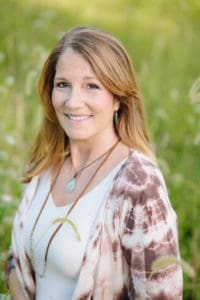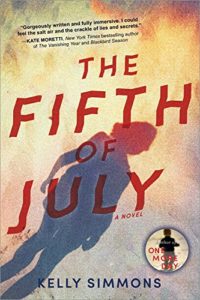Writing queries. The bane of your existence, right? But writing a query letter is easier when you do it section by section – and know which two sections to prioritize. And maybe – think about it like this:
A query letter is not a letter.
A query is a piece of direct marketing advertising, designed for the recipient to take notice and take action.
So let me explain how to write a query letter from an advertising perspective – section by section.
Subject line
This has to be an engaging phrase related to your opening. It should not contain words like “free” or “offer” that flag it as advertising. Its goal is to keep you out of the spam folder. So it should not contain anything that sounds like a swear word (“damn good writer,” for instance, is bad) or anything salacious, like saying you find research “sexy.” Most people write this first and give it very little thought. I advise writing it last, and thinking about it carefully.
Opening
Agents get hundreds of queries a day. They don’t read most of them past the first paragraph. SO THE OPENING PARAGRAPH IS CRITICAL. You must choose the most important thing from all your sections and put it first. Is it your brilliant book description? Or is it the “why me?” – an interesting connection to the material or the person you’re querying. Often the most important section is the “why you” paragraph – because someone may have introduced you to the agent. That goes first, always.
Book description
Did I mention they get hundreds of queries per day? You have to keep this short. Like one or at the most, two paragraphs. Emphasize main plot over subplot. Show character desire, roadblocks, growth. Mention genre. Give no more than 2 comparable titles unless the agent guidelines ask for more. Do not include a synopsis or sample chapters unless they agent guidelines specify it. (Haven’t read the agent’s guidelines? You’re not ready to query. You have some reading to do!)
Why me?
Do you have a job related to your book? Are you an expert in your topic? Do you have a knowledge platform – a podcast, a column? Are you a community leader with a built-in social media base? Did your best friend go to college with the agent? Have your short stories been published in two prestigious literary journals? Do you have a blurb already from a famous author on your manuscript? These are examples of great “why me”s.
Why you
If you do your research, you’ll know enough about every agent to say something admiring of their work or their clients.
Call to action
Don’t just say “look forward to hearing from you.” Be concrete and detailed (like your prose). Say “I’d like to send you a few chapters. I’ll follow up in two weeks to see if I can persuade you.”
The P.S.
Think it’s silly? Think it’s for kids? Well, consider this:
The P.S is the second most read part of any letter, after the opening paragraph!
So pull out a fun fact, think of something you want them to remember, and PUT IT IN a P.S.
So, to sum up – write each section. Decide which section is the most important, and put that at the top. Then look at your opening and pull something for your subject line.
Now re-read it, proofread it twice and ask a friend to read it as a disaster check – and you’re ready!
Good luck and happy querying!
P.S. Did I mention I’m an advertising executive whose last query letter had a 90% success rate of asking for the full manuscript? Impressive, isn’t it? Which is why I saved it for the P.S.
P.P.S. Psst. Agent (and Career Author) Paula Munier reveals 8 things you should never do in a query letter. Got questions? Let’s chat on Career Authors’ Facebook page!
Now. Get writing.

Kelly Simmons is a former journalist and advertising creative director and the author of the novels Standing Still, The Bird House, One More Day, and her latest, The Fifth of July. She’s a member of WFWA, Tall Poppy Writers and The Liars Club, a nonprofit organization dedicated to helping fledgling novelists. Find her on her Facebook Fan Page, Twitter, Instagram, and Facebook Author Page.






